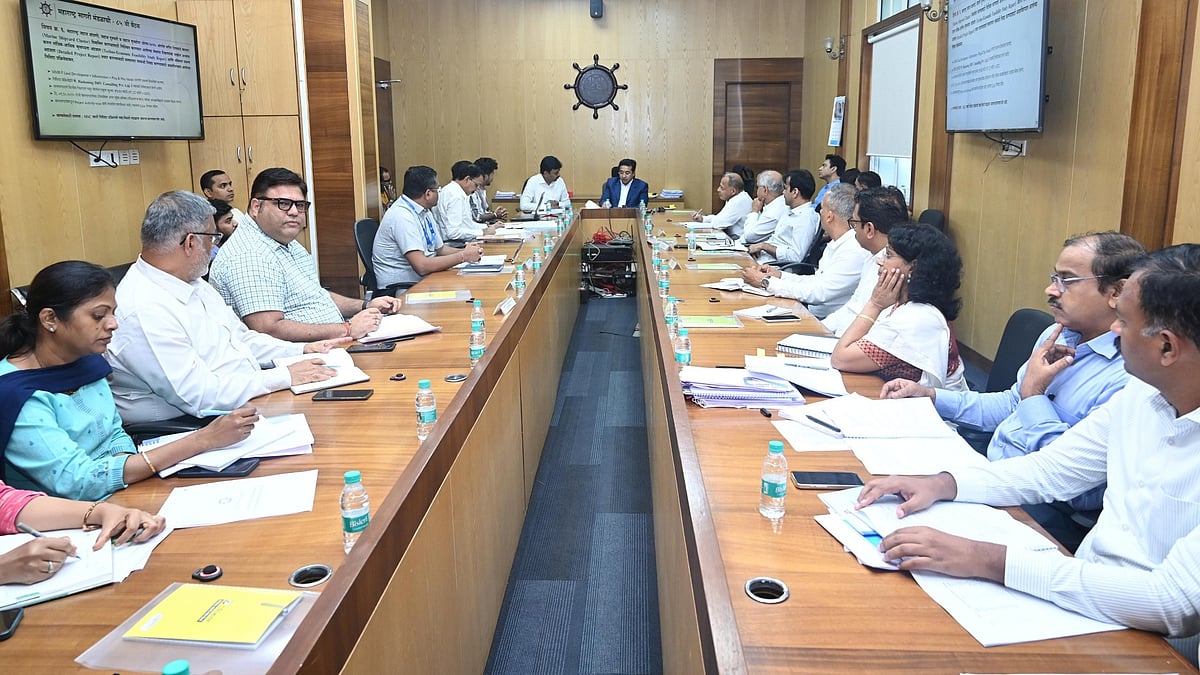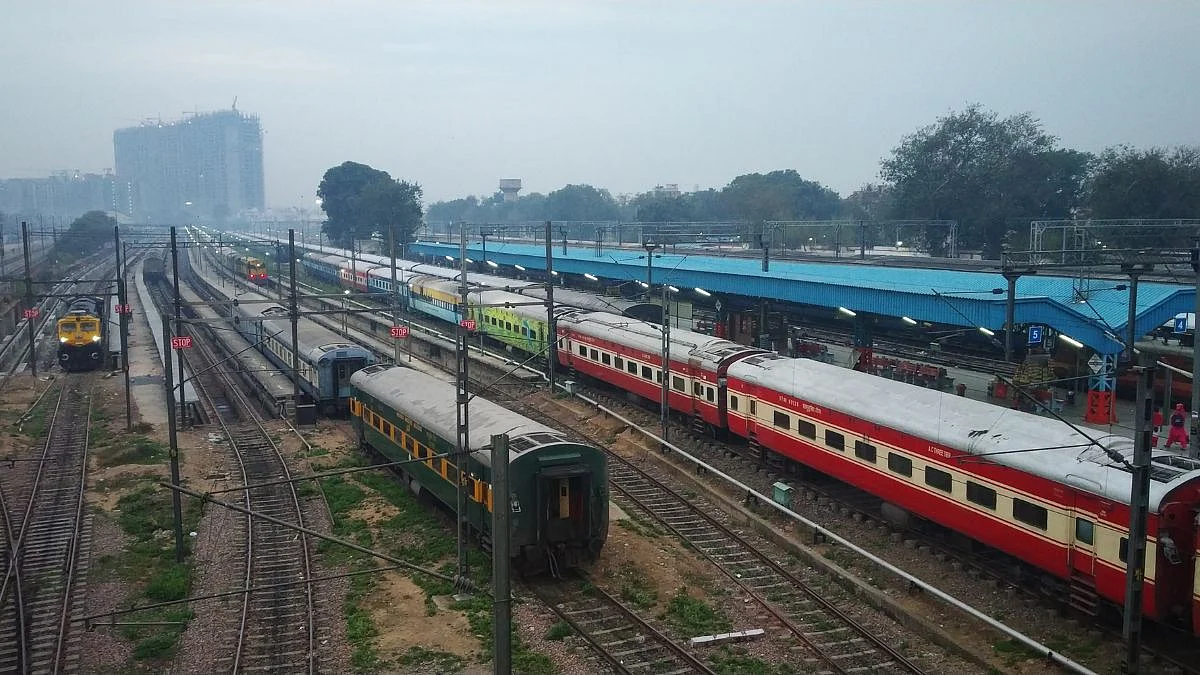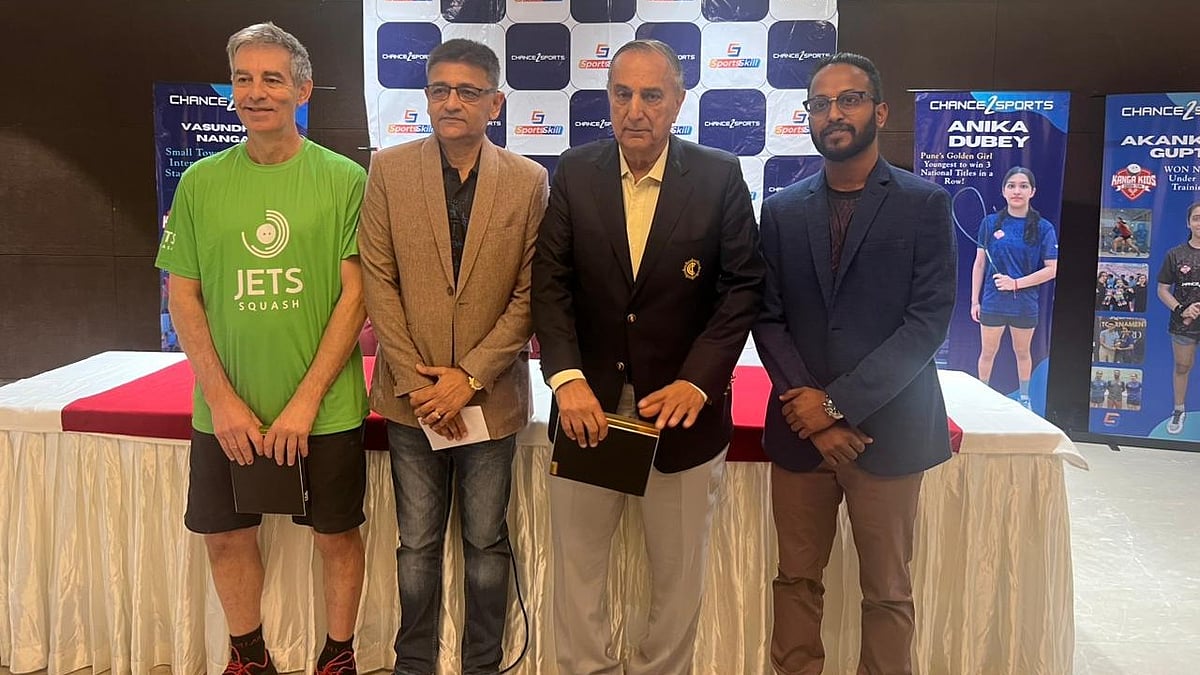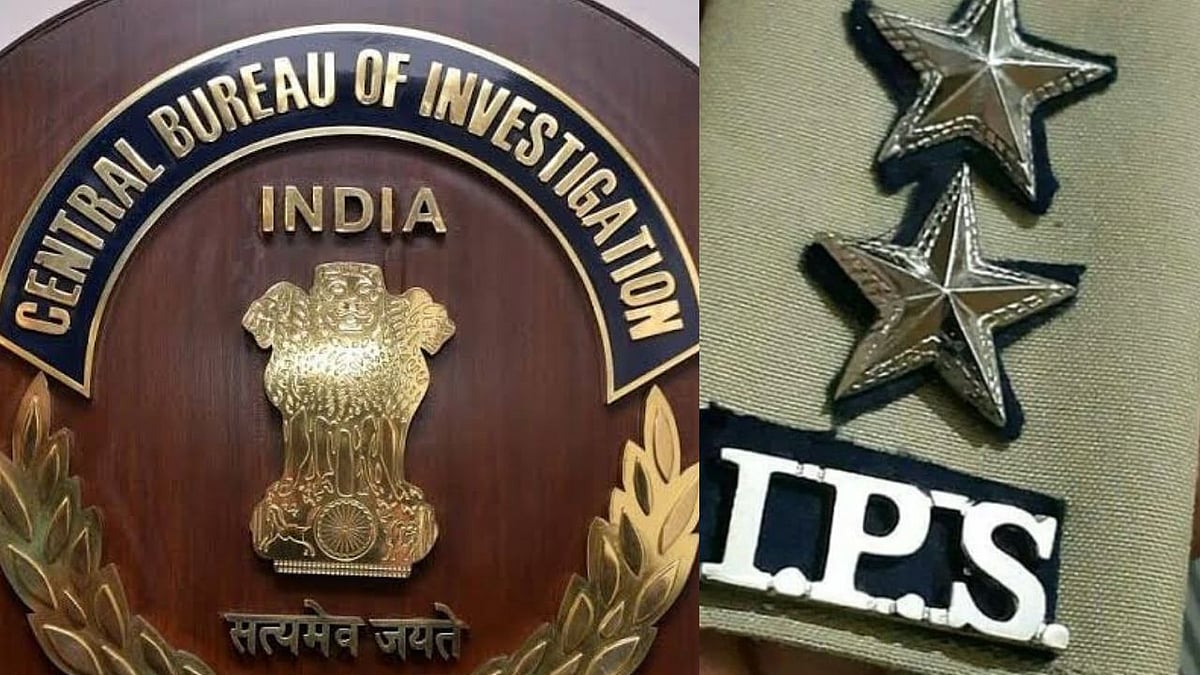The BMC’s Health Department is taking additional steps to control monsoon-related diseases following an increase in the number of malaria cases in the city.
The city has reported more than 400 cases of malaria so far this month, with 355 cases in the first half of July.
The G South Ward (Worli-Prabhadevi) reported 114 cases between July 1 and 20, compared to 93 in June, according to an official.
At a recent joint meeting of various BMC departments, officials were instructed to implement strict measures to combat malaria and other monsoon-related illnesses.
Plans to use drones for fumigation
BMC officials plan to use drones to fumigate G South Ward, which has several defunct mill compounds, railway workshops and slum pockets. Several of the areas are inaccessible and abandoned. The ward is spread across Prabhadevi, Lower Parel and Mahalaxmi.
“Drones help us reach places that are not easily accessible to destroy the mosquito breeding site. Strict measures are being taken by medical health officers and health workers to curb rising cases. Moreover we are also creating awareness related to monsoon illnesses amongst citizens,” an official said.
Dr Daksha Shah, executive health officer, Public Health Department, BMC, said all construction sites have been given instructions to follow measures to prevent malaria.
Malaria increases during monsoon
“During monsoon cases of malaria increase and every year we make aware people about prevention measures. We will take action against people working at construction sites if they do not follow measures given by the BMC Health Department,” she said.
Chetan Chaubal, BMC pesticide officer, said, “We have received a drone through CSR funds and we have been spraying by drone for the last four years. Proper permission has been taken from the police to fly the drone. There are also special pilots and drone spraying will continue in mill and railway yard areas closed during monsoon.”








